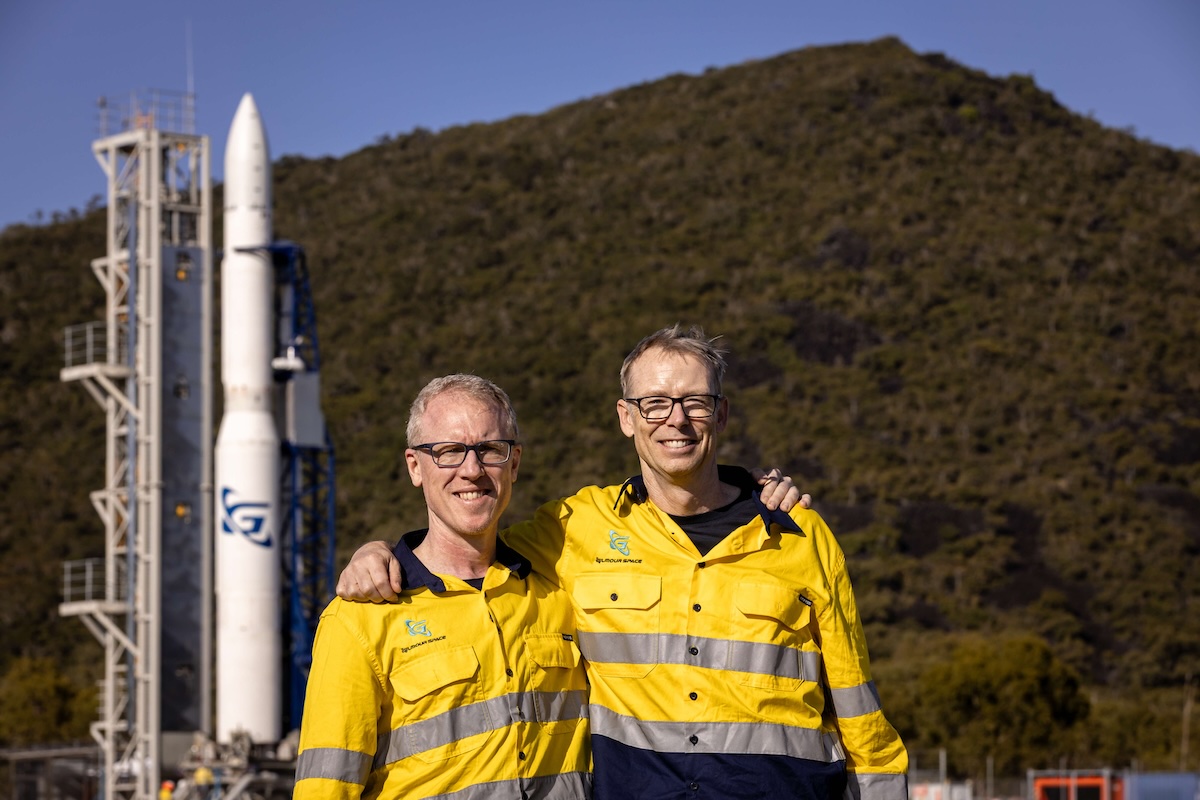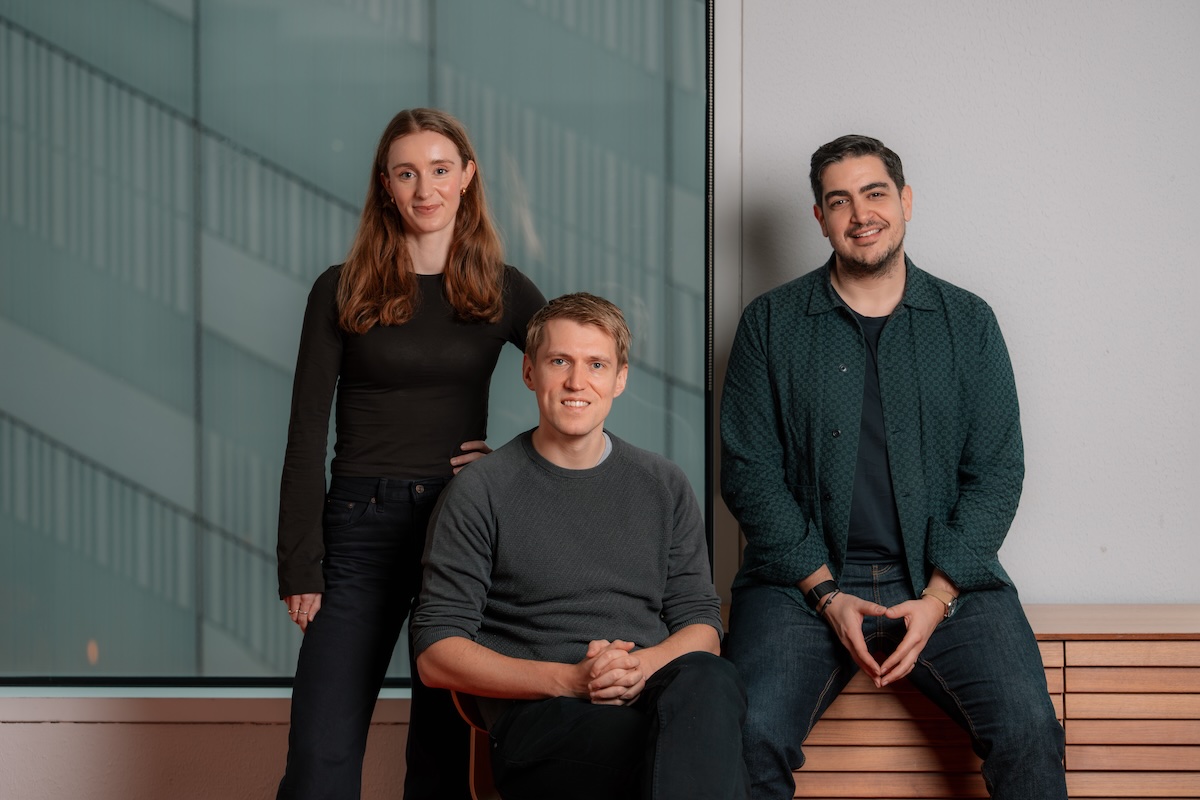
Founders are Inquisitive and Resilient
The best founders are inquisitive and resilient.
Australia is fortunate to now be home to Susan and her wonderful knowledge. She’s worked with and helped some of the most iconic product founders in the Internet era of business including Twitter, Square, reddit, Canva, LIFX, and others.
Without a doubt this was one of our best AMAs. Susan has a stack of experience and lots to teach founders. I’ve pulled together some of the best bits and the full transcript can be found over on The Sunrise.
@miller_amanda What characteristics do successful founders have in common?
susan wu - There’s been a significant amount of debate over the years whether great founders are born or bred, e.g. whether they were born with certain characteristics, or whether or not you can cultivate an environment that can turn someone into a great founder.
I’m an optimist, and a cognitive hacker. Which means that I believe that through persistent effort of hacking one’s own biases, thought patterns, habits, and inclinations, it’s possible to affect genuine, deep change into someone’s personal characteristics. So I believe anyone, anywhere can become a great entrepreneur.
But what I’ve found to be common of successful founders — regardless of how they came by these traits — is a deep inquisitiveness and resilience — a commitment to always be learning, always be a beginner, always be open minded. The best founders are tall poppies — they have to be comfortable being different, seeing things that other people can’t see, and not being afraid to stand alone in that field.
Joel Connolly Some great founders, such as Reid Hoffman and Stewart Butterfield, studied philosophy in university. I understand that you were a philosophy major as well. Do you think philosophy has been useful to your startup work? Would you recommend a university student today to study philosophy?
susan wu Yes, absolutely! Logic, which underpins the study of analytical philosophy, also underpins the study of traditional STEM subjects. I think logic — that is, the ability to deconstruct ideas into first principles, and the idea of building arguments block by block, via proof — is a fundamental skill that I’d like to see taught in primary schools (as well as in university). Without good training in logic, philosophy, and first principles, it’s very difficult to build things that aren’t entirely derivative
Peter Huynh I’ve seen that founding teams typically need to evolve their skills and perspectives, in order to ‘level up’ from one lifecycle stage to the next, especially at later stages. How have you tested for this capability in founding teams at earlier stages, and do you believe in the need for coachability of founders?
susan wu The biggest common mistake I see amongst founders is when they can’t build a team, a product, a vision, or a company bigger than themselves. Often times, in order to take the leap from ‘promising idea’ to ‘scaling entity’, founders need to be able to build something that’s larger than themselves and their own personal capabilities, eg. more adaptive, more resilient, more creative, more mature, more disciplined, whatever it might be. So the founders that are the most dangerous to their businesses are those who can’t see their own blind spots, or can’t even understand that they might have blind spots that they can’t see themselves. Those who can see their own blind spots can at least hire around them, or remedy them in some way, if not directly.
There’s a reason why all of the best SV founders have executive coaches. They’ve realized that they themselves need to level up, if their companies have any hope of leveling up. The trick is to make sure the coach isn’t just a mirror, but actually facilitates deep insight and evolution.
Stuart Argue Do you think Pokemon Go will revolutionize mobile gaming or more of a one-off? Do you think copycats will find it hard replicate that sort of success without being tied to an existing strong brand?
susan wu I promised I wouldn’t get sucked into another MMO again, but I live right across the street from a Pokestop, which I can access while lying in bed, so now I’m level 21. :/ I think anytime you have 100+ million people performing a new user behaviour, particularly when it’s a portion of the population that never before interacted with these types of behaviours, the world changes. You can’t put the genie back into the bottle. If I were designing mobile and Internet products right now, I’d be projecting 3–5 years into the future the question: what new behaviors emerge when the Pokemon Go behaviors become a commonplace occurrence, and part of people’s daily habits? How do these behaviors shape people’s core identities and their relationships with their environment, and with other people? What does it mean that so many millions of people are now interacting with mobile NPCs? Etc.
Nick Crocker What is the biggest gap in Australia’s startup culture? What is Australia uniquely good at in this area?
susan wu I think the biggest gap in Australia’s startup ecosystem today is not enough community knowledge of what ‘quality’ looks like, across the board — e.g. quality founders, quality mentors, quality product managers, quality editors, etc. If you’re building to win globally, you’re not just competing to be the best X in Australia, you’re competing against the most focused competitors worldwide. And thus, more systemic learning and internalization of what it really takes to succeed, to be the best in the world — why a particular methodology of doing something, a particular art to one’s execution, a particular discipline of being ruthlessly analytical — is important. It’s important to not mistake activity and busy-ness for quality, for valuable output.
I think Australia has many unique strengths. Entrepreneurs and VCs aren’t as celebrated in pop culture and in the media here as they are elsewhere, there isn’t as much social validation for becoming an entrepreneur, and thus those who have self selected to be founders today generally have unique characteristics that speak to their underlying commitment to the journey: resilience, adaptability, lack of ego, etc.
Furthermore, as I mentioned above — Australia has unbelievable resources in engineering, hard sciences, and research. We the business/tech/product community need to do a better job of integrating with these communities to build new businesses.
Our AMAs are held every Thursday at 1pm AEST over on The Sunrise. Next up is Murray Hurps. To be notified via email sign up here.



.webp)

.avif)





